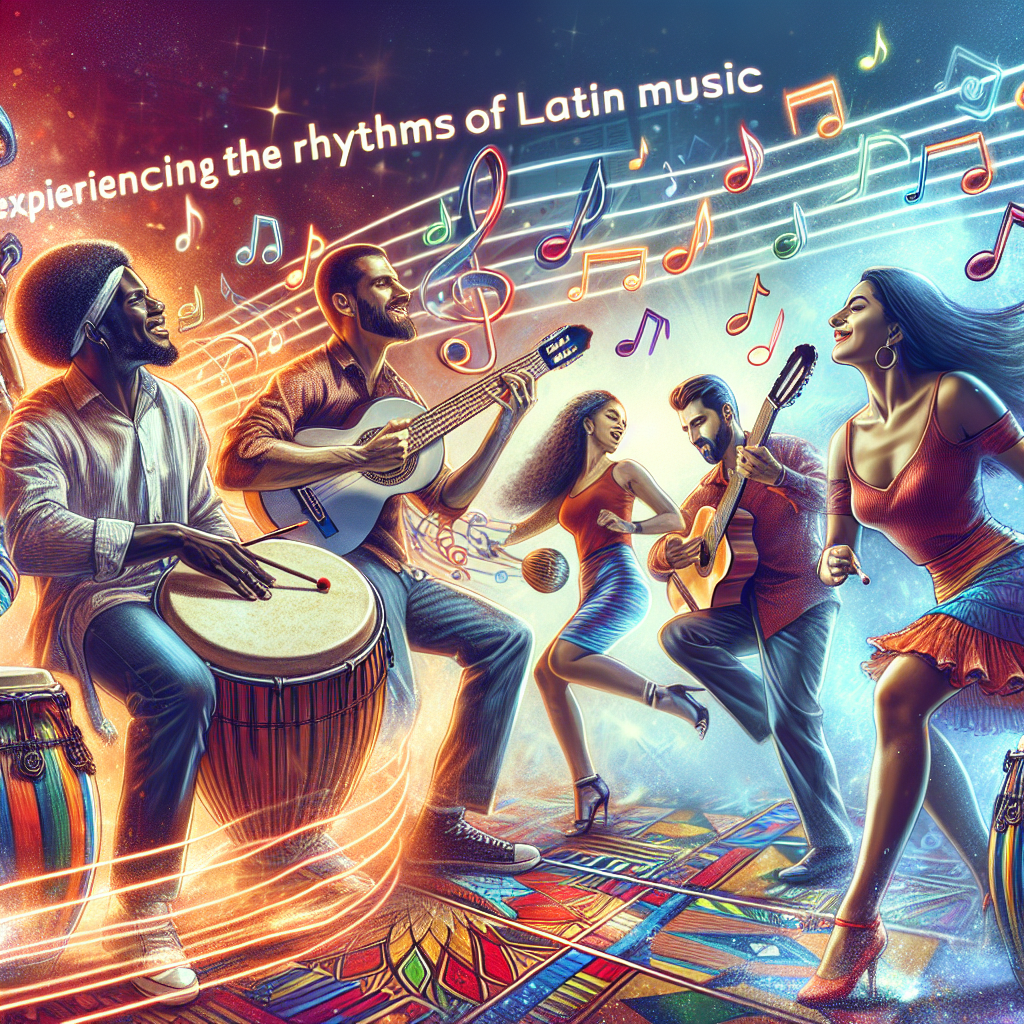Music has the uncanny power to foster shared identities, build communities, and galvanize individuals in many societies around the world. One striking example of this power lies in the impact of salsa music on Latin culture. Salsa, a genre that combines influences from various Latin American, Caribbean, and African musical styles, has become a cultural identifier for Latinidad, spanning nations, generations, and social classes.
Historical Background
Salsa emerged in the mid-20th century in different Latin American cities and neighborhoods in New York. The genre’s roots trace back to numerous styles such as son cubano, mambo, guaracha, and chachachá from Cuba, Puerto Rican bomba and plena, and other Afro-Caribbean, jazz, and swing elements. The term ‘salsa’ gained popularity in the late 1960s and early 1970s to represent this fusion of sounds that has since become synonymous with Latin identity.
Cultural Impact
Salsa music played a pivotal role in shaping Latin identity, both within ethnocultural communities and in the broader global context. The shared themes in salsa lyrics often center on Afro-Latinidad, love, migration, social issues, joy, struggle, and celebration. These themes resonate profoundly with many Latin communities, helping to foster a sense of shared experience and identity.
Moreover, salsa transcends the auditory. Dance plays an integral part of the salsa experience, leading to further development of cultural tradition and community cohesion. The dynamic rhythms and melodic structures of salsa inspire expressive dance styles characterized by vigorous turns, spins, and rhythmic hip movements. Salsa dance, as a social event, cultivates interpersonal connections, adding a crucial social dimension to this musical genre’s influence.
Social and Political Influence
Beyond its role in cultural identity formation and community-building, salsa music has also served as a platform for social and political commentary. Harking back to its roots in Afro-Latin and Caribbean music, salsa often addressed themes of resistance, struggle, and perseverance in the face of socio-economic, racial, and political adversity. This music provided a voice for marginalized communities, making it both a cultural touchstone and a tool for social change.
Global Impact
The impact of salsa extends far beyond the boundaries of Latin America and Latino communities in the United States. With the worldwide spread of salsa music and dance in the late 20th and early 21st centuries, salsa has become a global phenomenon. Its infectious melodies and rhythms have attracted enthusiasts from diverse cultural backgrounds, promoting multicultural interaction and understanding.
Conclusion
In essence, salsa music has been instrumental in shaping Latin culture and identity, serving as a mode of social interaction and catalyst for political resistance. Its global influence testifies to its narratives and aesthetics’ universal appeal, transcending cultural differences. This genre embodies the spirit and diversity of Latin culture, offering an invigorating sonic framework for expressing shared experiences, values, and aspirations of Latin communities worldwide.
Frequently Asked Questions
- What is the origin of salsa music?
Salsa music originated in the mid-20th century from a fusion of various musical styles from Latin America, the Caribbean, and Africa. - What themes does salsa music often address?
Themes of salsa music often center around love, migration, social issues, joy, struggle, celebration, and Afro-Latinidad. - How has salsa music impacted Latin culture?
Salsa music has played a pivotal role in shaping Latin identity, establishing community cohesion, influencing social and political change, and promoting Latin culture globally. - How is dance connected to salsa music?
Dance forms a vital part of the salsa experience. The expressive dance styles associated with salsa foster interpersonal connections and contribute to the development of cultural tradition. - What is salsa’s global impact?
Salsa’s global impact is evident in its worldwide popularity, which extends far beyond Latin-American boundaries, promoting multicultural interaction and understanding.




